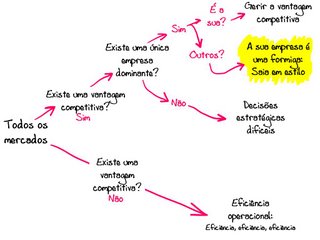.
Recordo este trecho retirado da parte I:
"Há bocado vinha a subir a subir a Avenida da República de Gaia e ao passar junto a um hotel lembrei-me da afirmação do presidente da Associação da Hotelaria de Portugal que li no JdN de ontem:Entretanto, segundo o INE:"Para 2013 espera-se menos emprego, menos investimento, pior prestação em termos de resultados. Não há milagres"...
Se fosse presidente de uma associação, não alinharia no discurso côr-de-rosa dos amanhãs que cantam, no entanto, também não alinharia nos discursos niveladores negativos que não convidam à iniciativa para fazer diferente."
"A hotelaria registou 1,4 milhões de hóspedes em maio de 2013, +7,0% que em maio de 2012, e cerca de 4,0 milhões de dormidas (+11,8%). Este último acréscimo contou essencialmente com o contributo dos não residentes, cujo número de dormidas cresceu 15,5% face a maio 2012 (+2,6% em maio de 2012 por comparação com maio de 2011).
Os proveitos apresentaram igualmente uma evolução homóloga favorável (+8,9% para os proveitos totais e +12,2% para os de aposento), face aos resultados negativos registados no mês homólogo de 2012."









%2006.21.jpeg)












